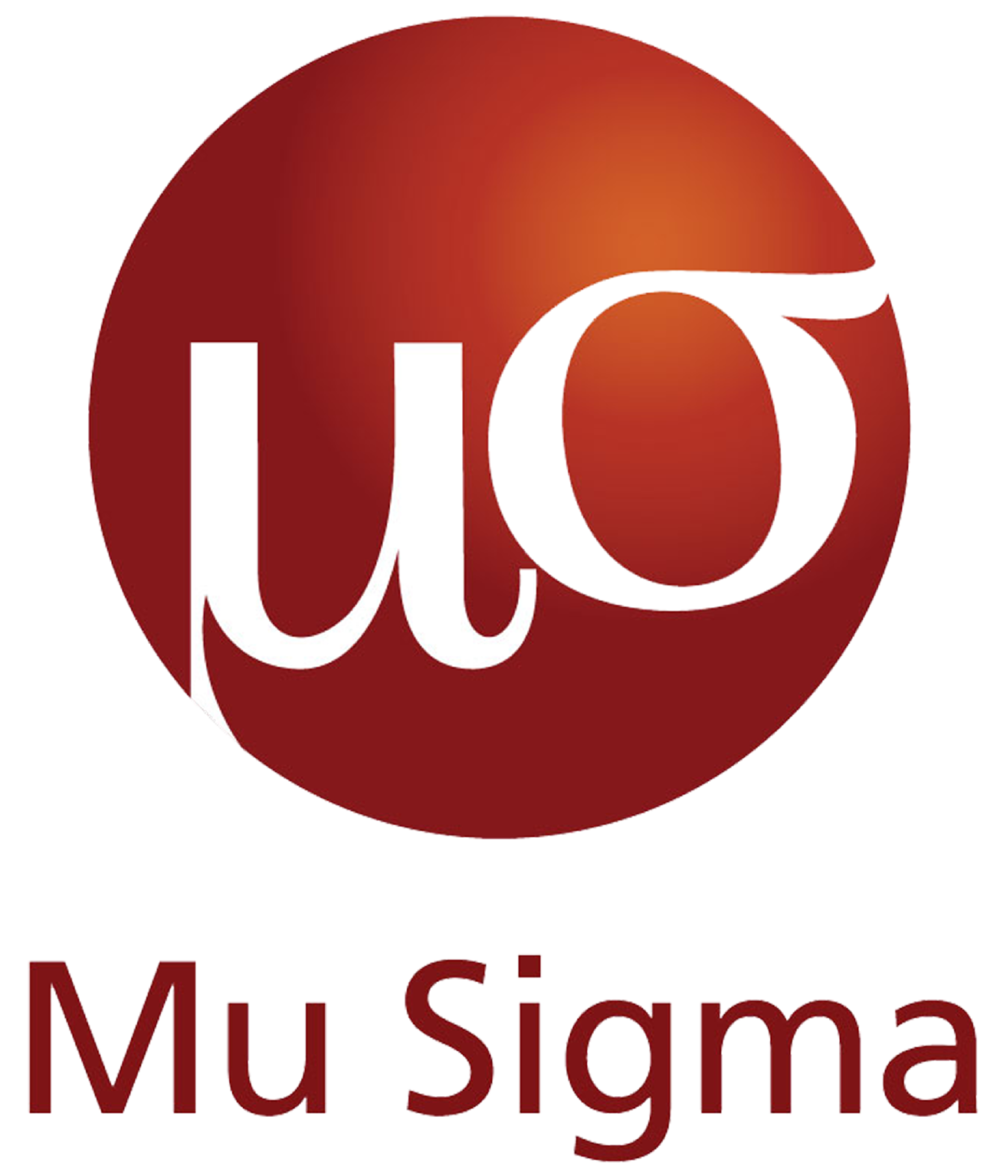Join the many companies that staff their roles with our agile coach
Our agile coach are ready to be hired
Olivia R.
- Seattle, WA
- 3 years of experience
Increased team velocity by 40% within 6 months through implementation of Scrum best practices and targeted coaching.
Reduced project delivery time by 30% across 5 cross-functional teams by optimizing sprint planning and retrospective processes.
Developed and facilitated a company-wide Agile transformation program, resulting in improved collaboration and alignment across departments.
Recent Project
Olivia led an Agile transformation initiative for a large financial services company. She designed and implemented a tailored Agile framework that integrated Scrum and Kanban methodologies to suit the organization’s unique needs. The project resulted in a 25% increase in project success rate and a significant improvement in employee satisfaction scores.
Marcus T.
- Austin, TX
- 8 years of experience
Improved sprint completion rate from 65% to 95% across 8 development teams through focused coaching and process refinement.
Reduced time-to-market for new features by 50% by implementing continuous integration and delivery practices.
Established an Agile Center of Excellence, providing ongoing support and training for Scrum Masters and Product Owners across the organization.
Recent Project
Marcus spearheaded the adoption of Scaled Agile Framework (SAFe) for a multinational e-commerce company. He coordinated the training of over 200 employees in SAFe principles and practices, and facilitated the alignment of multiple Agile teams. This resulted in improved cross-team collaboration and a 35% increase in the successful delivery of complex, multi-team projects.
Priya K.
- Chicago, IL
- 9 years of experience
Achieved a 90% reduction in defect leakage by implementing robust quality assurance practices within Agile sprints.
Increased customer satisfaction scores by 25% through the introduction of regular sprint reviews and enhanced stakeholder engagement.
Mentored and coached 15 aspiring Scrum Masters, contributing to the organization’s Agile maturity and succession planning.
Recent Project
Priya led an initiative to integrate Design Thinking principles with Agile methodologies for a healthcare technology company. She facilitated workshops that combined design sprints with Scrum events, resulting in more user-centric product development. This approach led to a 40% increase in user adoption rates for new features and significantly improved the product’s market fit.
Derek L.
- Denver, CO
- 6 years of experience
Reduced average lead time from idea to production by 60% through the implementation of Kanban and value stream mapping.
Improved team member engagement scores by 35% through the introduction of self-organizing team principles and empowerment techniques.
Developed and implemented a metrics-driven approach to continuous improvement, enabling data-informed decision making across Agile teams.
Recent Project
Derek orchestrated the merger of traditional project management and Agile methodologies for a government agency. He created a hybrid framework that satisfied regulatory requirements while enabling iterative development and frequent stakeholder feedback. The project resulted in a 50% reduction in documentation overhead and a significant improvement in the agency’s ability to adapt to changing priorities.
Alicia M.
- Boston, MA
- 6 years of experience
Increased on-time delivery of projects from 70% to 95% across the organization through the implementation of portfolio Kanban and improved prioritization techniques.
Reduced employee turnover in IT departments by 40% through the cultivation of a more collaborative and empowering Agile culture.
Pioneered the adoption of Agile practices in non-IT departments, including Marketing, HR, and Finance, leading to improved cross-functional collaboration.
Recent Project
Alicia led the implementation of Objectives and Key Results (OKRs) in conjunction with Agile methodologies for a rapidly growing startup. She facilitated the alignment of strategic goals with sprint planning and backlog prioritization. This integrated approach resulted in a 30% improvement in the company’s ability to meet strategic objectives and fostered greater transparency across all levels of the organization.
Nexus IT Group will quickly staff your technical roles
81%
of our successful candidates are submitted within one week
92%
of our candidates will accept your offer
96%
of our candidates are employed with your firm after 12 months
What our clients have said about working with Nexus IT Group
Our client creates balance between existing investments and cloud-driven innovation with a practical approach that prioritizes results. This particular client tasked our cloud recruiters with a challenging project. Being named Google Cloud Partner of the Year, this recognition required them to increase their Google Cloud Architect and Engineering resources. Google Cloud talent is quite a bit more scarce than AWS and demand more salary, so our cloud recruiters had to get creative with our sourcing strategy. Reach out to learn how we filled 13 Google Cloud professionals for this client.


A 3 year old startup who is transforming insurance buying by providing a digital insurance engine and world-class underwriting capabilities tasked Nexus IT group to identify, vet, and hire a Head of Data Engineering for the data engineering group. Our data scientist recruiters quickly got on this executive level search. Diversity sourcing and hiring was very important for this client so the team focused on diversity sourcing. We ended up sourcing 176 candidates, submitted six candidates and the client ended up hiring one candidate.


Our client creates balance between existing investments and cloud-driven innovation with a practical approach that prioritizes results. This particular client tasked our cloud recruiters with a challenging project. Being named Google Cloud Partner of the Year, this recognition required them to increase their Google Cloud Architect and Engineering resources. Google Cloud talent is quite a bit more scarce than AWS and demand more salary, so our cloud recruiters had to get creative with our sourcing strategy. Reach out to learn how we filled 13 Google Cloud professionals for this client.


Our client creates balance between existing investments and cloud-driven innovation with a practical approach that prioritizes results. This particular client tasked our cloud recruiters with a challenging project. Being named Google Cloud Partner of the Year, this recognition required them to increase their Google Cloud Architect and Engineering resources. Google Cloud talent is quite a bit more scarce than AWS and demand more salary, so our cloud recruiters had to get creative with our sourcing strategy. Reach out to learn how we filled 13 Google Cloud professionals for this client.
Frequently asked questions about hiring your next agile coach
An Agile Coach is a professional who helps organizations adopt and improve their Agile practices. They guide teams and leadership in implementing Agile methodologies, fostering a culture of continuous improvement, and enhancing overall organizational agility.
Look for certifications such as Certified Scrum Master (CSM), Certified Agile Coach (CAC), or ICAgile Certified Professional (ICP-ACC). Additionally, seek candidates with a strong background in project management, software development, or organizational change management. Practical experience in Agile transformations is crucial.
While a Scrum Master focuses on facilitating the Scrum process for specific teams, an Agile Coach works at a broader organizational level. They help multiple teams, departments, and leadership to understand and implement Agile principles across the entire organization.
Key soft skills include excellent communication, active listening, empathy, conflict resolution, and the ability to influence without authority. Look for candidates who can adapt their coaching style to different individuals and situations, and who can articulate complex concepts to both technical and non-technical stakeholders.
Ask for specific examples of Agile transformations they’ve led or contributed to. Inquire about challenges they faced, strategies they employed, and the outcomes achieved. Look for candidates who can provide metrics that demonstrate the impact of their coaching efforts.
While industry-specific knowledge can be beneficial, it’s not always necessary. The core principles of Agile are applicable across various sectors. More important is the coach’s ability to understand your organization’s unique challenges and adapt Agile practices accordingly. However, for tech-heavy industries, some technical background can be advantageous.
The duration can vary widely depending on your organization’s size, current Agile maturity, and transformation goals. Typically, expect a commitment of 6-18 months for a significant transformation. Some organizations may benefit from a long-term coaching relationship, while others might need periodic check-ins after the initial transformation.
An internal Agile Coach is an employee of your organization, offering consistent long-term support and deep understanding of your company culture. An external Agile Coach brings fresh perspectives, diverse experience from multiple organizations, and can often address sensitive issues more easily. Consider your long-term Agile strategy when deciding between the two.
A skilled Agile Coach addresses resistance by fostering understanding of Agile benefits, involving team members in the change process, and addressing concerns empathetically. They should have strategies for working with different personality types and be able to demonstrate the value of Agile practices through small wins and tangible improvements.


